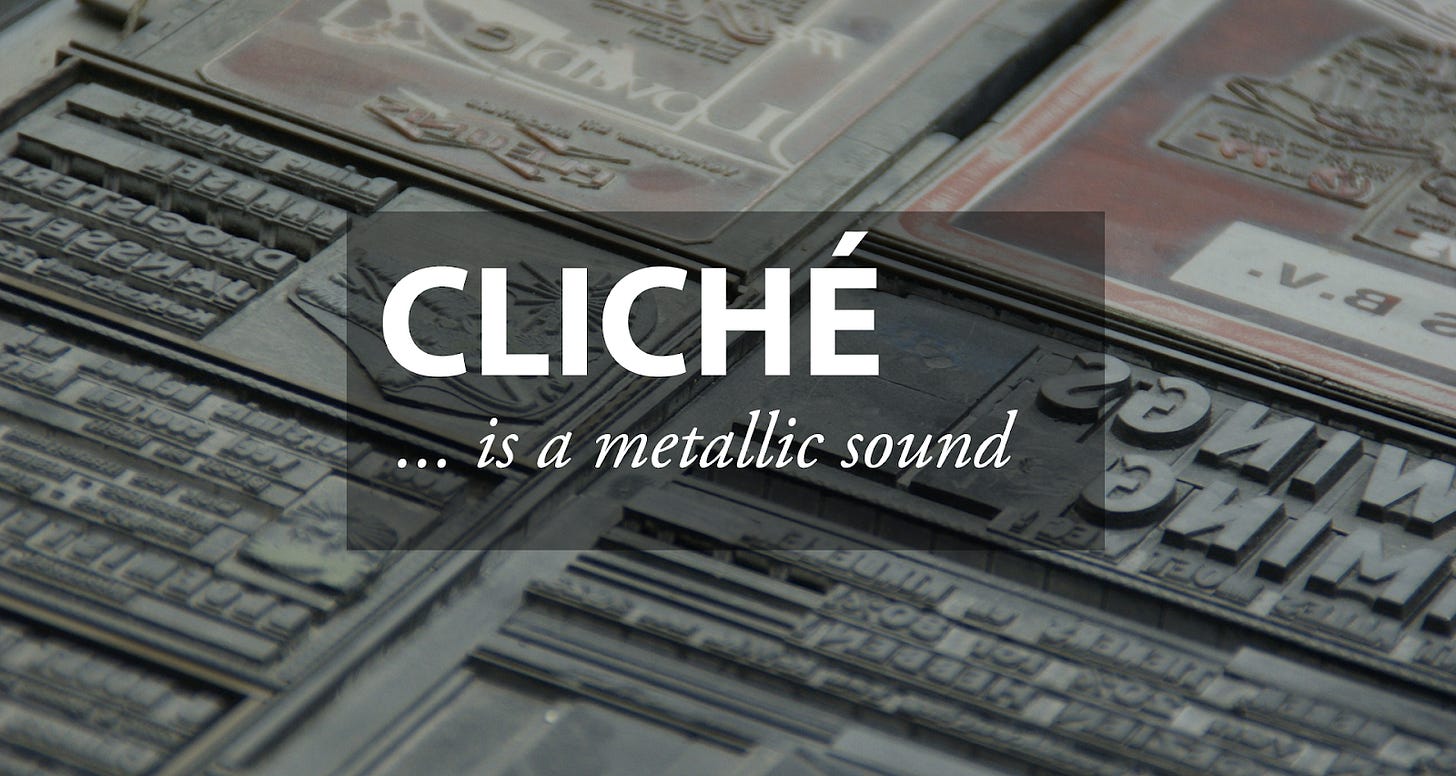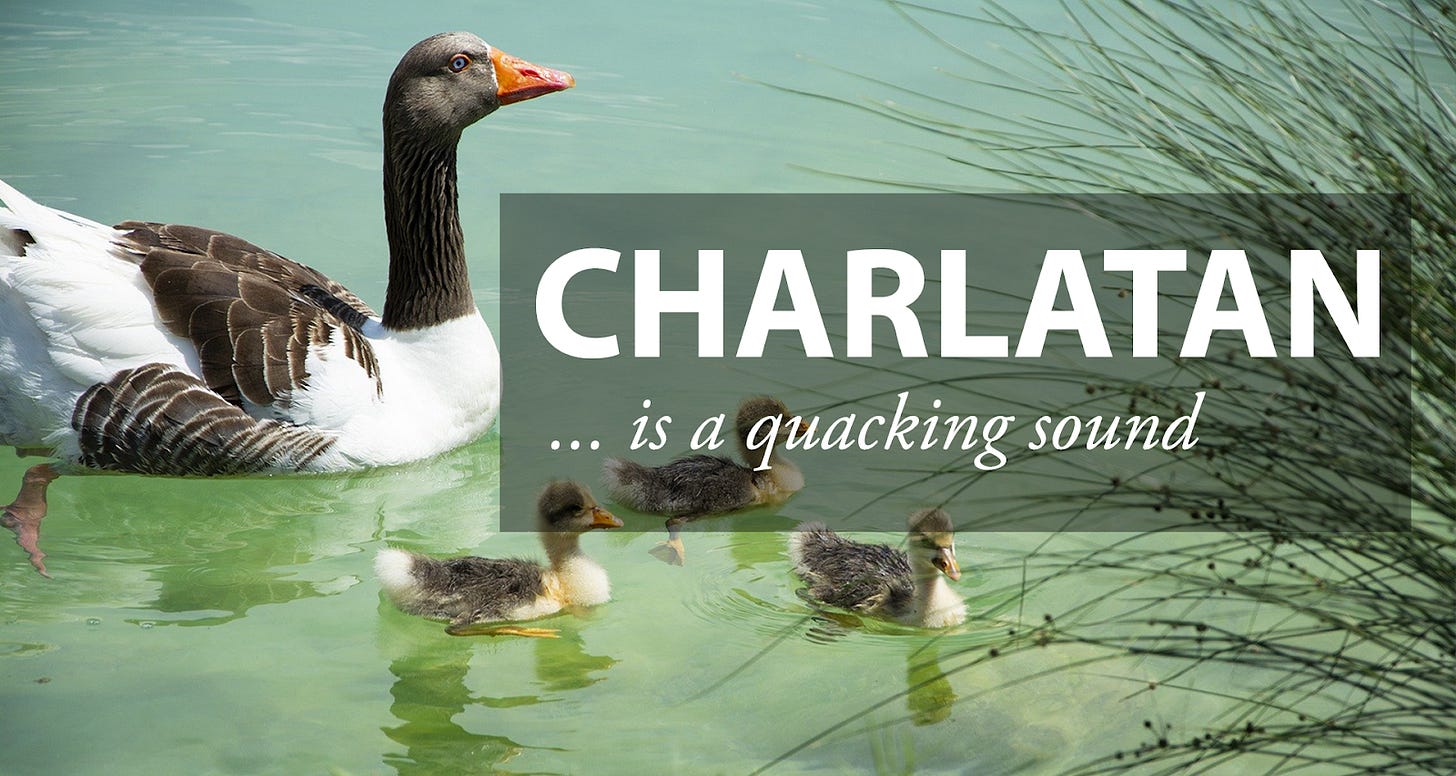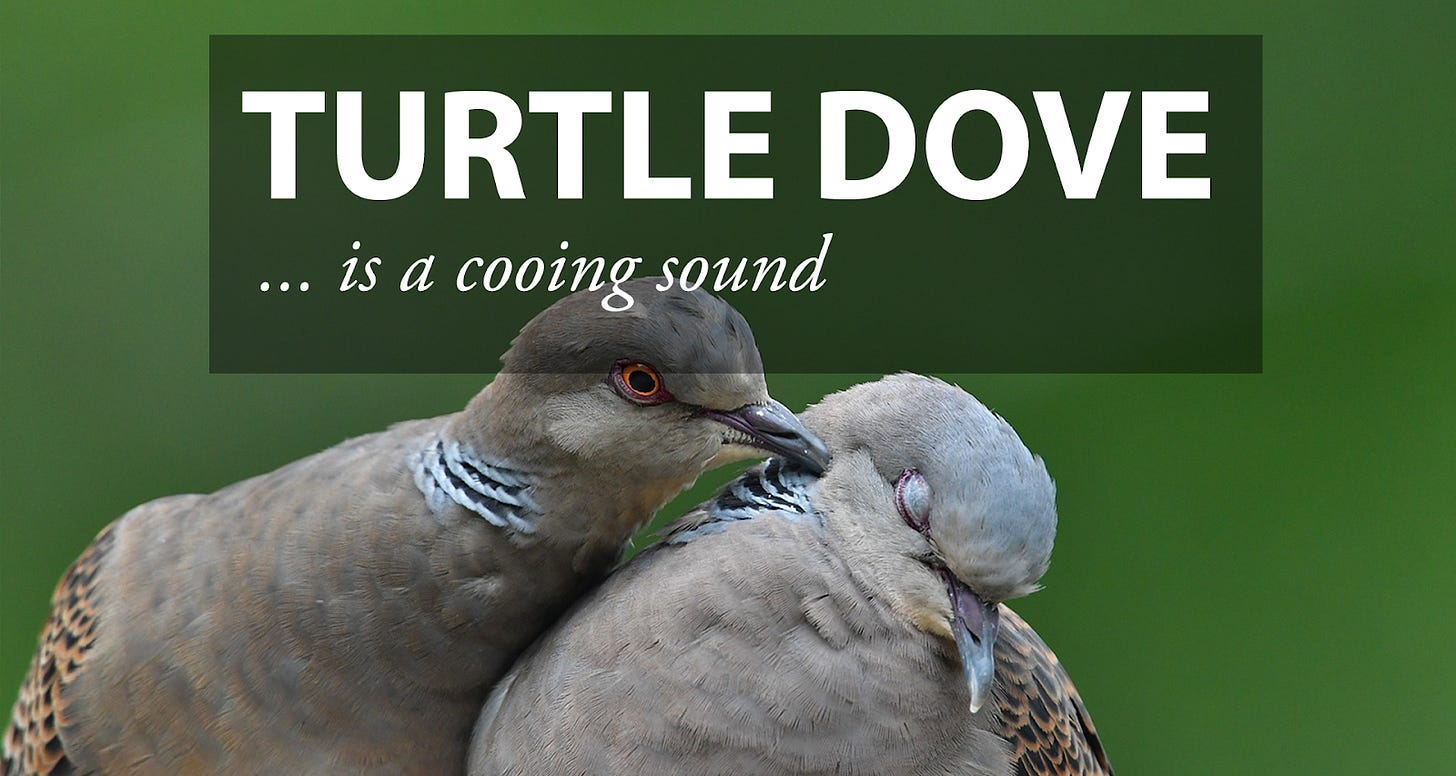9 Words You Never Realized Were Onomatopoeic
“Owl” means “Howl.” It was right there, staring us in the face all along!
No puzzle from me this week, but here’s a nice one from widdersbel on MyCrossword. My crash course on how to do cryptic puzzles begins here.
There’s nothing wrong with words like “Boom,” “Splat,” “Zap,” and “Gargle,” but they’re really kind of giving the game away right off the bat. The really cool onomatopoeic words have the confidence and the flair to keep their sound-imitating origins hidden away — they know that the trendsters and the hoopy froods will figure it out eventually. Let’s take a look at some of these too-hip-for-their-own-good members of the Secret Onomatopoeia Society.
The word “owl,” via the Old English word ule, has its origins in an imitation of a hoot, which comes into focus when you realize that it’s cognate with the words “howl” and “ululate.” It’s fun to think about the fact that calling an owl an “owl” is literally the equivalent of calling a dog a “woof,” which honestly we should all be doing more often anyway.
Like its cousin, the English onomatopoeic word “click,” the French word “cliché” originated from a sound: The striking of molten metal to make a cast. The word was originally a printers’ term, to indicate a stereotype, or a plate used to print an image. In the 18th century, it acquired its natural metaphorical use of “trite and unoriginal,” by analogy with the fact that printing with metal plates was a way to make the same thing over and over again. Nowadays, we do this with new seasons of “The Family Guy.”
Originally “flicker” was a bird word. It meant “to flap quickly,” as wings, and its sound was an imitation of the flapping and flitting about that birds are so darn good at. “Flicker” is friends with a similarly onomatopoeic but now obsolete word, “flacker,” which never lost its meaning, “To flap.” It wasn’t until the 19th century that the word came to be associated (by analogy) with the rise and fall of a flame — though your boy Shakespeare was on the case as early as 1608:
Like the wreath of radiant fire
On flick’ring Phoebus’ front.
– King Lear Act 2, Scene 2
How is a charlatan like a quack? I know that sounds like the setup for a joke, but it’s not an accident that they mean the same thing. “Charlatan” comes from an Italian word ciarlatano, from ciarla, meaning “prattle,” which is thought to be imitative of a duck. Presumably ducks roll their “Rs” in Italy, though it feels like a bit of a slander to associate them with the con-men and the scoundrels.
Legend has it that Lieutenant A.D. Cunningham of the British Royal Navy station at Capel-le-Ferne was inspecting His Majesty’s brand-new S.S.12 Airship in 1915, when it made an unexpectedly rude noise. Brian Turpin’s book Coastal Patrol: Royal Naval Airship Operations During the Great War has the full story, given by Fleet Sub-Lieutenant Victor Godard, who was present at the event:
It was a Sunday morning in the winter of 1915-16, and S.S.12 was not on patrol but on parade in the airship shed for Sunday inspection. The car and crew were standing on the lower floor of the shed; Cunningham was walking past on the upper floor. Looking down, he gravely returned my salute. Looking up, he reached with his gloved hand to the flank of the taut gasbag and gave it a finger-flip. The gasbag retorted with a peculiar sound that was a blend of a ping and a belch. This delighted Cunningham. His official mask crumpled into a happy grin as he echoed the sound... ‘BLIMP!
I’m honestly quite taken with the story of a buttoned-up British naval officer absolutely losing it over a burp-sound and yelling “Blimp!” like a mischievous schoolboy.
I hate to introduce another creature into this already convoluted state of affairs, but the “turtle” in “turtle dove” is a red herring. Its origin is actually a Latin word, turtur, which is an imitation of the sound the bird makes. In Roman times, birds said “tur” instead of “coo” or “tweet,” which, frankly, is not wrong if you listen to it.
“Buffoon” ultimately derives from the Italian word “buffare,” which means “to puff” — both words that imitate the sound of blowing air. The connection comes from the Italian word buffa, meaning “a jest,” either because a jest is a light frivolity like a puff of air or as a direct reference to the puffing out of one’s cheeks as a comic gesture. This type of thing was super hilarious and entertaining to 17th-century Italians, who, in fairness, didn’t have Netflix.
There’s some disagreement on this one: According to the OED, it may have originated from “the sound pebbles make when walked upon or from the association of pebbles with flowing water,” which is a really nice thought! Alternatively, it’s related to the Latin word papula, which means a pustule or a pimple. This is a much less nice thought! I guess just pick whichever one you like best.
“Mosquito,” which was borrowed from the Spanish in the 16th century, ultimately comes from a Latin word, musca, meaning “fly.” Going even further back, musca comes from a Proto-Indo European root, *mu-, which means gnat, and which is thought to have been an imitation of the humming sound that insects make. It really adds to the already considerable obnoxiousness of mosquitos when you realize that they’re all flying around yelling their own names.













Now this post was a hoot! Owl never look at these words the same. Seriously though very cool post.
Epic. Our language really does make sense when we pay attention. Wonder how old these words are in the historical skein of language?